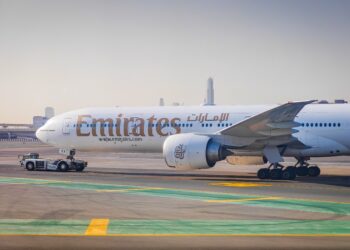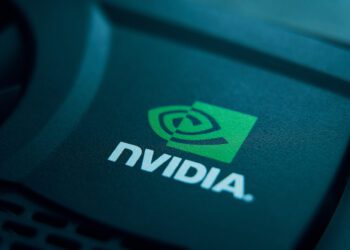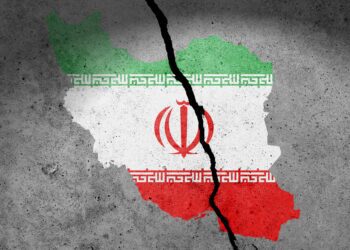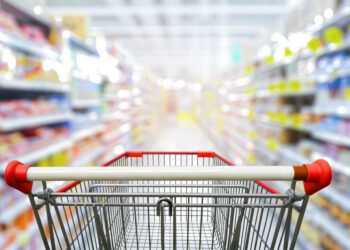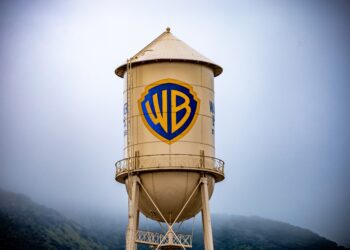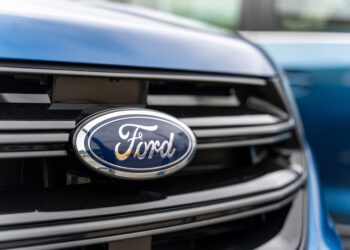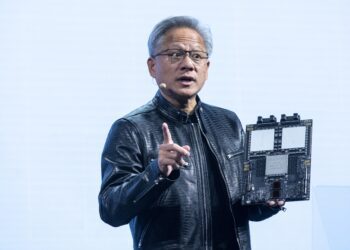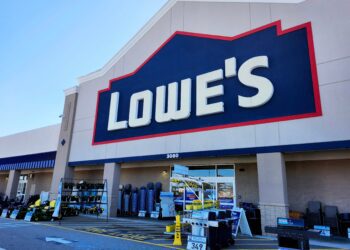After sealing a deal to impose a 15% tariff on imported goods starting August 1 and securing a $550 billion Japanese investment in the U.S., President Trump’s trade agreement with Japan is already under pressure as a disagreement has emerged over profit sharing just days after the deal was finalized.
Today, the Japanese government announced that profits from the $550 billion investment package agreed upon in this week’s tariff deal would be divided between Japan and the U.S. based on each side’s contribution level.
Japan’s top trade negotiator, Ryosei Akazawa, said, “Some people are saying Japan is simply handing over $550 billion, but such claims are completely off the mark.”
Akazawa explained that he understands the U.S. side’s desire for a 90-10 split of returns as a sign of its willingness to take on a larger share of both contribution and risk. He also stated that the private-sector companies involved will make the final decision on profit sharing.
Japan’s comments follow earlier remarks from the White House, which said that the U.S. would retain 90% of the profits from the $550 billion in U.S.-bound investments, in exchange for reduced tariffs on auto and other exports to the U.S.
Japanese officials said that the investment package, which includes loans and guarantees provided by the state-owned Japan Bank for International Cooperation and Nippon Export and Investment Insurance, will help Japan build resilient supply chains in the United States, benefiting both countries in key sectors like semiconductors, pharmaceuticals, steel, and shipbuilding.
By CEO NA Editorial Staff


